
While debates on gender identities mainly focus on sexuality, the intersex community is often left out and consigned to legal and social limbo.
Fungai Chiyereka, an intersex Zimbabwean, knows this well. “My parents raised me as a girl and identified me as such on my birth certificate. Then, when I went for my national identification card, the lady at the registrar’s office looked at me and wrote ‘male’. Now I struggle between the two sexes,” he says.
An intersex person is born with physical sex characteristics that do not fit typical male or female binary definitions. It is estimated that 1.7% of the world population is intersex.
This reality haunts Fungai daily. “It’s always a struggle with public toilets. I don’t know whether I should use the male or female one, and at times the look you get from people trying to access them is so uncomfortable. I’d rather not use them,” the 28-year-old says.
Related Stories
Recently, the Health and Law Policy Consortium and the Intersex Community of Zimbabwe filed a case at the High Court seeking a third gender classification on national documents. The case argues that the current binary system violates constitutional rights to accurate identity documents and bodily integrity.
Fungai’s life has been marked by trauma. His uncle refused to give consent for ‘corrective surgery,’ but that did not shield him. “In grade 2, while living with my grandmother, my cousin and her friends undressed me because they were curious and wanted to see what my genitalia looked like. The chances of being violated are high even now that I have grown up, because many people think I’m gay.
“I even dropped out of school because I could not take it anymore. I think the continuous stress is what caused me to have a stroke,” Fungai says, tears rolling down his cheeks.
This pressure for "correction" often begins at birth. Chido Chihombori, a mother from Buhera, recalled a nurse incorrectly marking her intersex child's hospital card as male. She queried the classification: "I realized that my child had two genitals."
She was referred to Murambinda Hospital, then Mutare Hospital and finally Harare Hospital where she was advised to return for “corrective surgery” after two months.
This medical approach is what advocates are fighting. Dr. Norman Matara of the Zimbabwe Association of Doctors for Human Rights emphasizes that “corrective surgery” is a misnomer. “We want to emphasize that intersex conditions are biological variations and not pathological, so that we don’t aim at ‘correcting’ them. The main aim is to ensure that we don’t do unnecessary surgeries but offer psycho-social support until they are grown up and can make their own decision.”
For Fungai, legal recognition is the only path to relief. He believes the discrimination will never end until the government intervenes and recognises intersex people as a community.










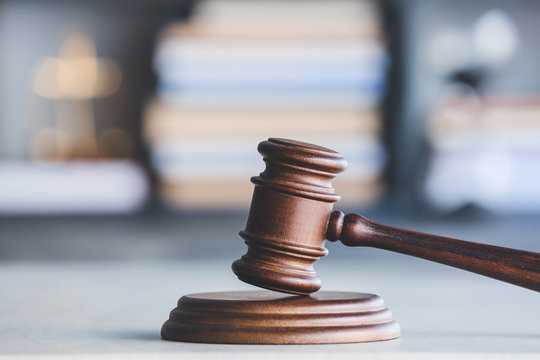

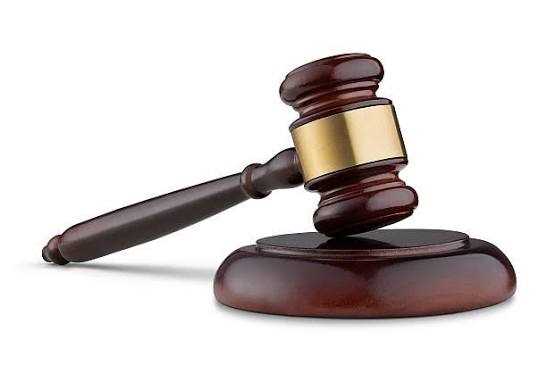

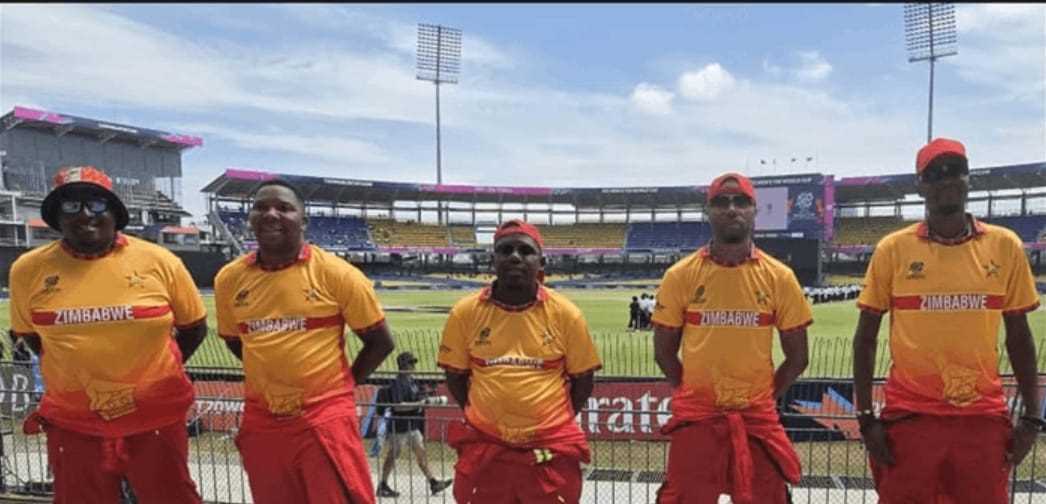
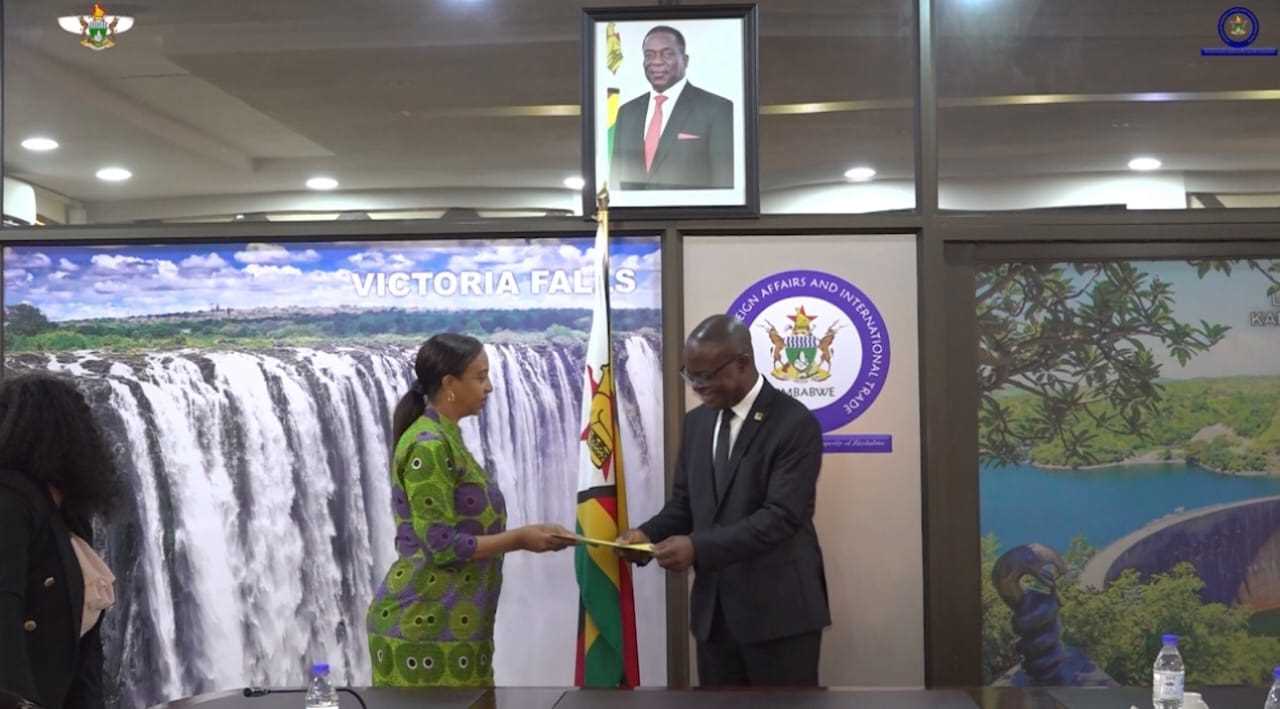
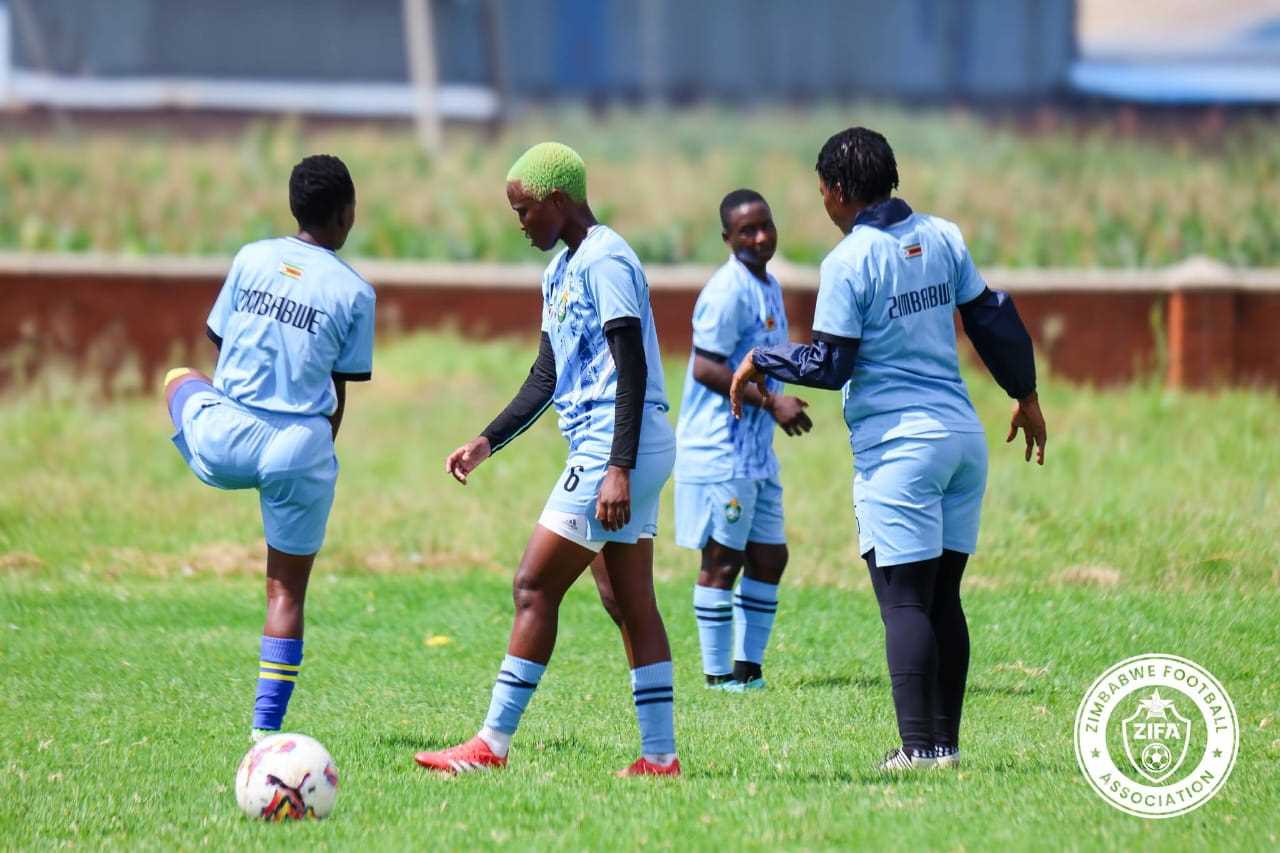


Leave Comments